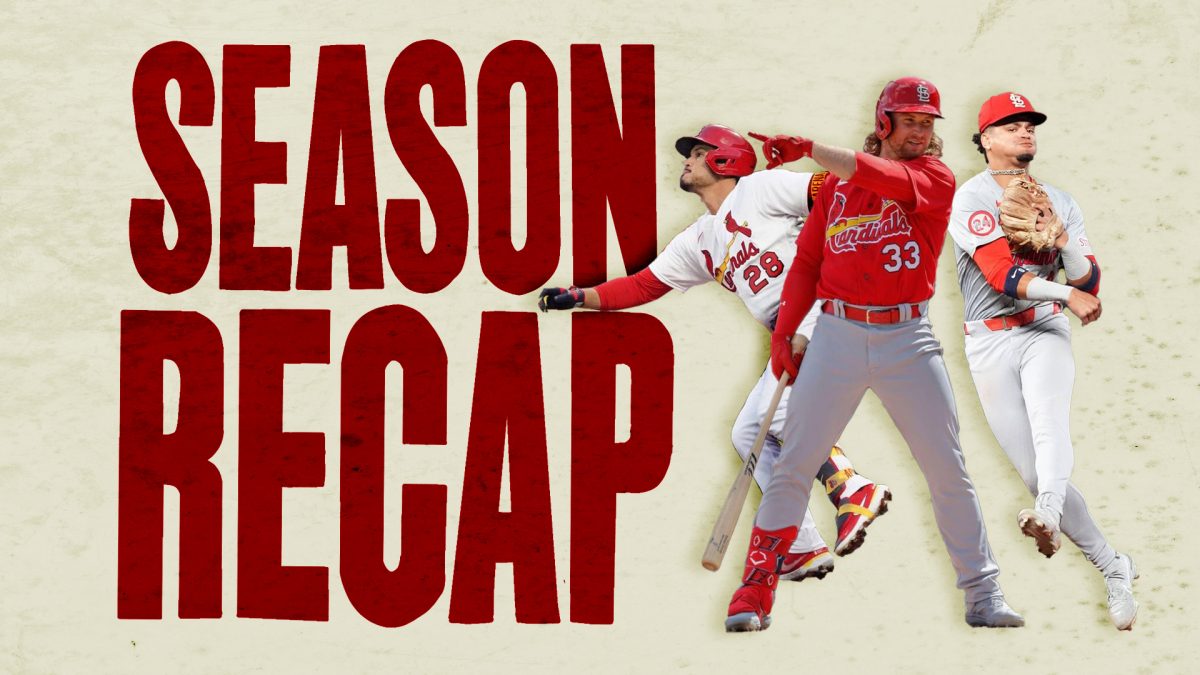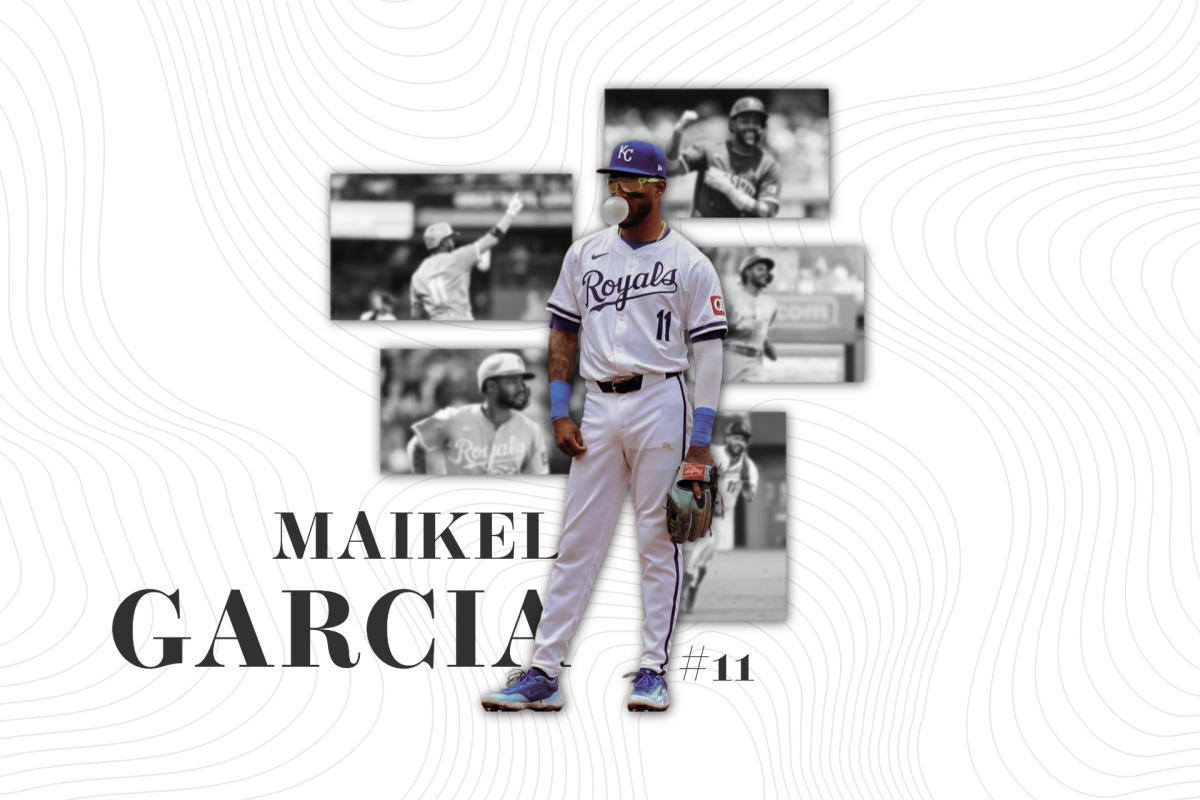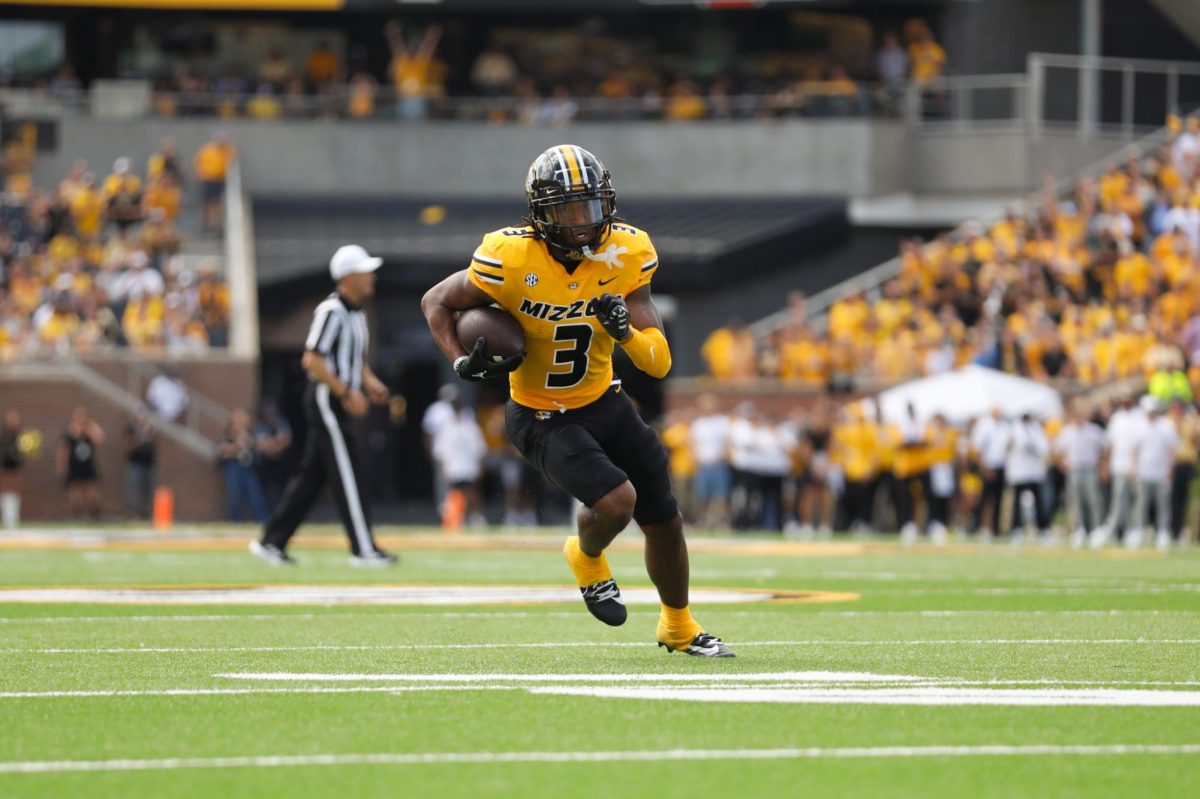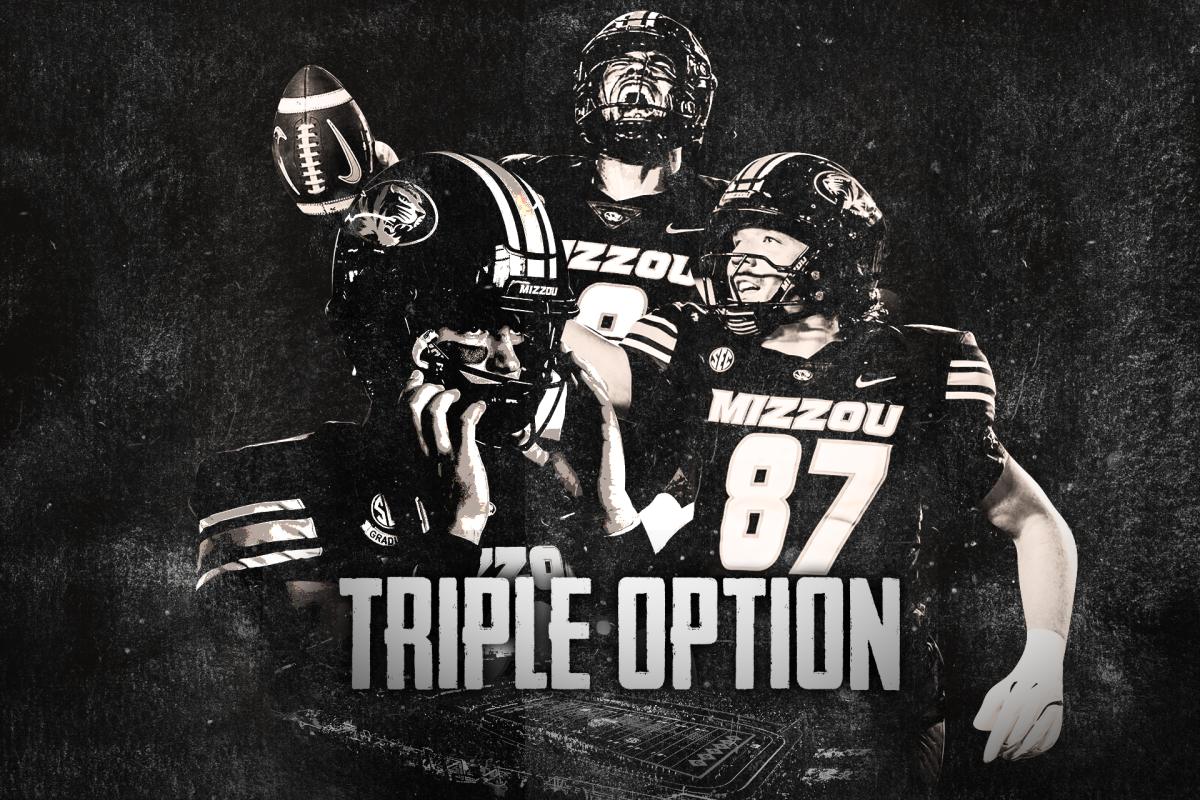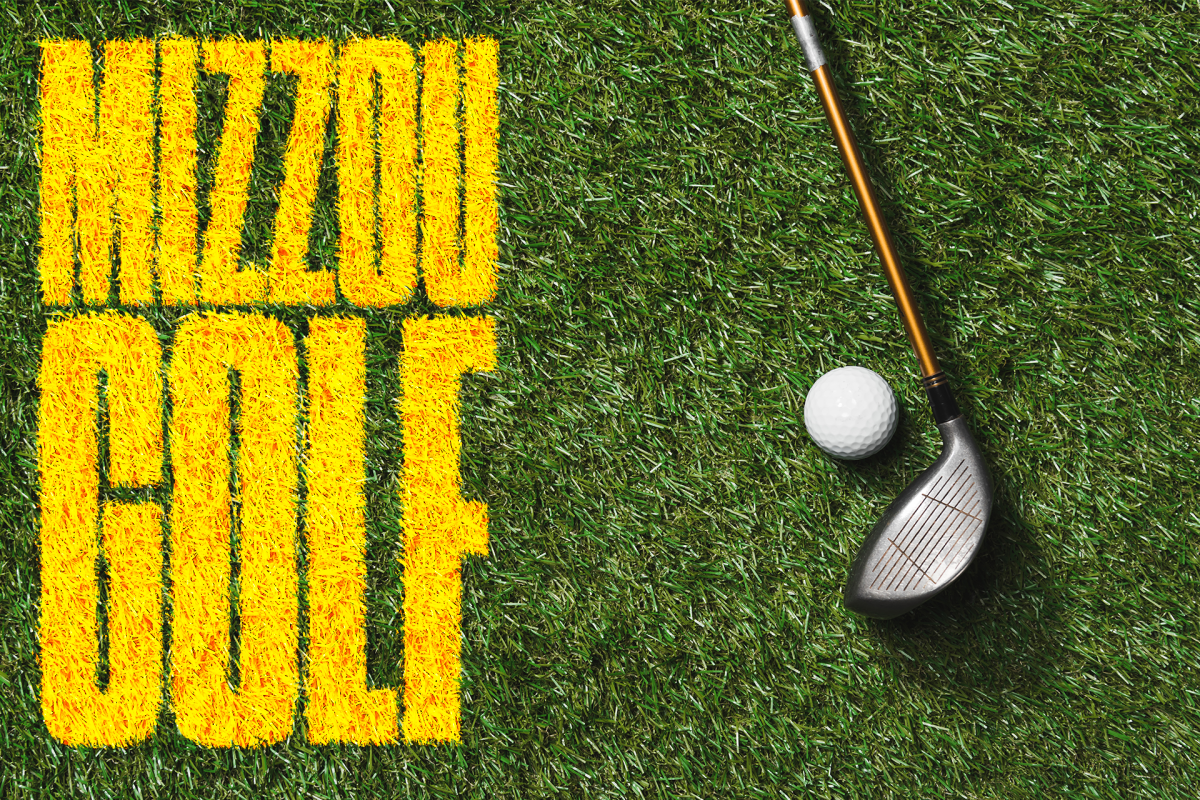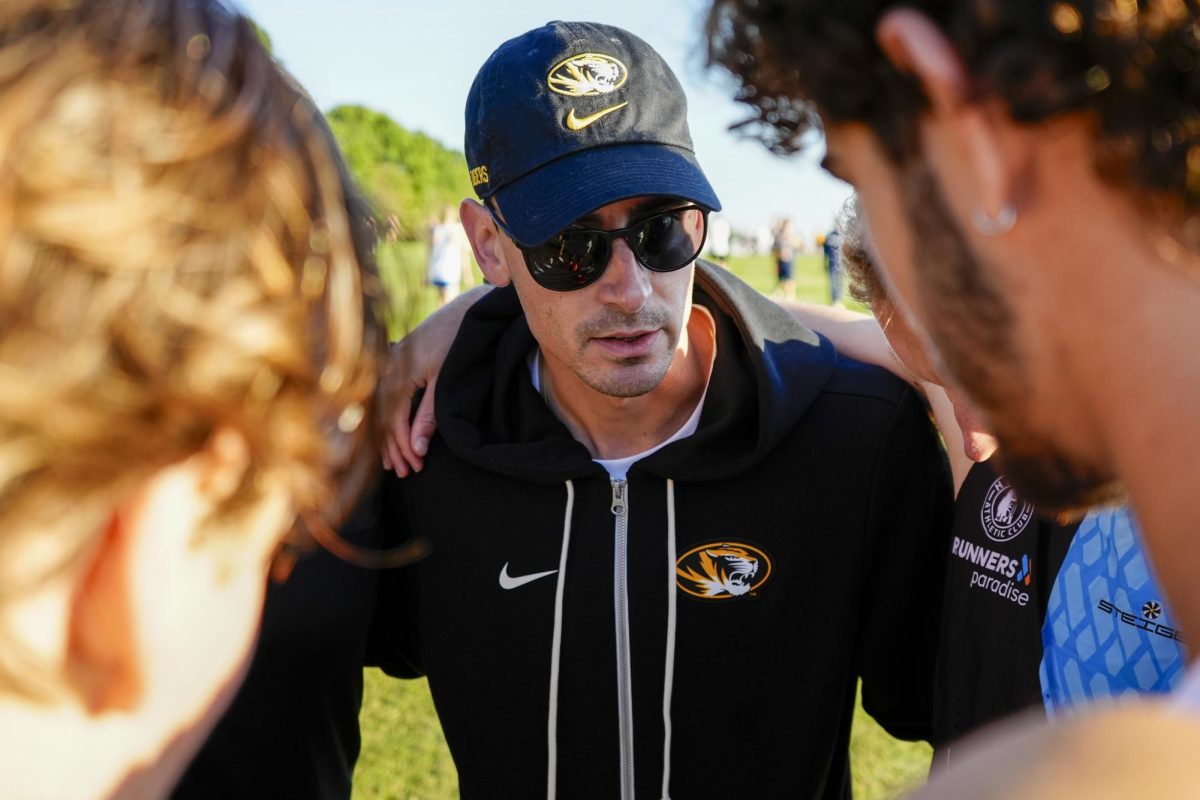The flags are all at half-mast today. They’re like that everywhere. We walk by, sometimes not even noticing. But the proverbial dark cloud hangs over us in an all-too-familiar fashion. This week has been a 26.2-mile marathon of emotion. Americans have each shared a collective heartbreak that registers higher than a 2.1 on the Richter scale. If you haven’t slept a little uneasy this week, you’re living under a rock. If you’re blood hasn’t boiled a little, you aren’t human.
Today, 18 years to the day of the Oklahoma City bombing, we are reminded that our nation is still vulnerable to violence and tragedy.
Monday’s explosions that turned the streets of Boston into a war zone and resulted in death, injury, bloody carnage and stomach-churning scenes were only the start. The remainder of the week put Americans on edge: poison-laced letters sent to President Obama, lockdowns at the Capitol, fatal tornadoes in the South, sinkholes and flooding in Chicago and constant looming threats from North Korea.
Possibly hidden in all of this, government officials failed to pass common sense legislature for expanded background checks for gun buyers, as if the December tragedy in Newtown that left 20 children brutally murdered had been forgotten entirely.
The sudden passing of a legendary sports icon Pat Summerall, a hero for many, will also likely get overlooked, but let us not forget his place in American sports lore.
All of this is sandwiched between an explosion at a fertilizer plant on Wednesday night — one that has proved to be far more fatal than the Boston attacks — that rocked the little town of West, Texas, just some 18 miles from where my brother attends college. I’ll admit to being on edge. I cannot even imagine the suffering for those who are directly affected by these recent and past events.
It’s a funny thing, though. One might find it easy to be sucked in by the TV and social media, constantly following the developments during tragic times. I sure do. But after making sure that people I knew were OK, and while in the midst of hours upon hours of Wolf Blitzer — too much Blitzer — I did something that felt strange, even though I’m a sports writer. I turned on sports.
In times of heartbreak and sorrow, many turn to sports.
An emotional night in Boston during the Bruins game last night showed just how strongly something as simple as a hockey game could provide much-needed solace to a devastated community. And with each game in America in the days following tragedy paying tribute with moments of silence, fan-made signs and uniforms graced with ribbons and the American flag, one can’t help get a sense of the impact these seemingly pointless competitions between millionaires have on us.
It’s no anomaly that games immediately after disasters become forums for banding people together. We saw it — no, we felt it — after the Columbine shootings when the entire community rallied behind the high school’s football team. We felt it after 9/11, when the outpour of relief efforts and donations from players precipitated emotional returns to NFL and college football games, when players who knew victims took to the field yielding American flags. We felt it after Katrina with the Saints in the Superdome in New Orleans, at Virginia Tech football games after the mass shooting in Blacksburg, when the Newtown community had its spirits lifted by a buzzer-beater game-winning shot at the basketball game on senior night. Yes, sports were a Band-Aid on a large wound, however temporary. That’s who we are.
Sports are a truly powerful thing. They can act as an antidote in times of tragedy, a little Novocain to numb the soul. As live entertainment, a sporting event can distract just enough to dial down adrenaline levels. At a different, more personal depth, they act as a way to bring people together, a common setting where people of a community and nation cheer on a team, but at the same time, cheer on each other.


